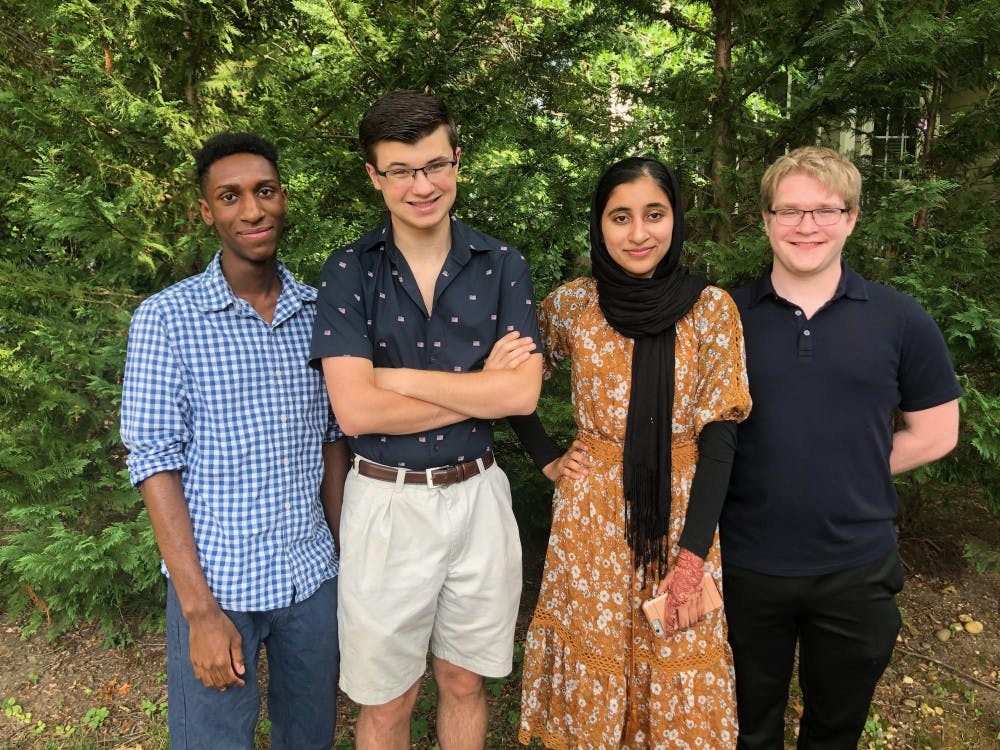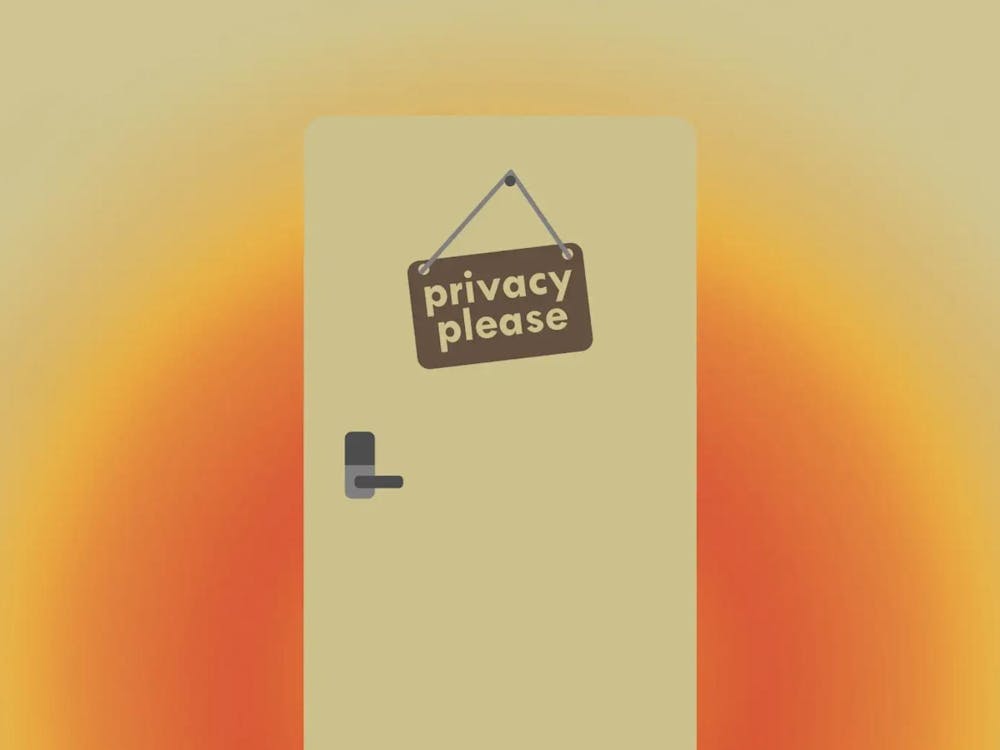Gender equality, marriage equality and wage equality — the notion of human equality permeates today’s social justice rhetoric. But to the average American, “blood equality” may be a foreign term. It is this lack of awareness that Homoglobin — a Virginia-based nonprofit founded this year — hopes to ameliorate.
“When I tell people gay and bisexual men, in effect, can’t donate blood, most of them say they didn’t know,” said Austin Houck, first-year Engineering student and Homoglobin’s co-founder, president and Chief Executive Officer.
The policy to which Houck refers is the United States Food and Drug Administration’s deferral policy which mandates that all gay and bisexual men who engage in sexual activity with other men must abstain from sex for a year in order to donate blood. Homoglobin’s aim is to get this policy eliminated.
“[The law] was enacted during a time of fear when no one really knew about HIV/AIDS,” Houck said of the deferral policy. “But now we have grown our knowledge on the issue so much and we have improved testing and prevention and treatment of HIV so much … that the policy has essentially become obsolete, and it equates gay sex with risky sex.”
According to Ian Allum, co-founder and Chief Marketing Officer of Homoglobin and freshman at Virginia Commonwealth University, the policy “has proved to be on the basis of discrimination and not on the basis of science.”
Alongside blood equality advocacy, Homoglobin’s other goals include improving STI testing methods and availability and the integration of LGBTQ issues into high school education. Such reform would include sex education classes that cover safe sex between same-sex couples and LGBTQ-inclusive history classes.
“We advocate for LGBTQ history and civil rights [in education],” Allum said. “And we support people who contributed to these rights such as Ellen DeGeneres, Marsha P. Johnson and Alan Turing.”
Homoglobin is headquartered in Alexandria, Va., and is beginning to operate in various locations throughout the state, specifically on school campuses. The organization currently has campus ambassadors operating at six Virginia schools —Virginia Commonwealth University, Virginia Tech, Old Dominion University, William and Mary, West Potomac High School and U.Va.
According to Allum, working as a campus ambassador is a great way for young people who care about LGBTQ issues to get involved with Homoglobin.
“Wherever [people] reside, whether it’s a neighborhood or a college campus, they can… [gather] people… and [raise] awareness about Homoglobin,” Allum said. “If you go on our website, www.homoglobin.org, we have a section where people can apply to become a campus ambassador.”
Officially launched in August 2019, Homoglobin’s work so far has largely focused on organizing infrastructure, collecting donations and spreading the word about the organization and its mission. The founders of the organization had to file documents with the IRS to become tax-exempt and file Form 102 with the Virginia Department of Agriculture and Consumer Services for the solicitation of monetary contributions.
Qudsia Saeed, Homoglobin Secretary and Chief Operating Officer and West Potomac High School senior, noted that Homoglobin is planning a 5k run in the Alexandria area sometime in the coming week to publicize their campaign.
“Right now we’re planning for an event to happen next week, and we’re gonna get it on the radio,” said Saeed. “We’ve collected plenty of donations, and [we] always welcome … more. Just collecting donations and spreading the word is what we’ve been doing [so far].”
Beyond this work, Homoglobin hopes to organize future fundraising events, team up with local health care providers, lobby policymakers and conduct STEM cell drives.
“While gay and bisexual men can’t donate blood, they can donate stem cells,” Houck said. “So [stem cell drives] are a good way to raise awareness of the issue.”
And beyond these initiatives Homoglobin hopes to become a regional and eventually, a nationwide enterprise.
“Spreading through the DMV area would be our goal,” Saeed said. “It’s a big area, and it’s super liberal, and eventually we hope to make this … a [national] thing where … everybody can be a part of it.”
Houck said they are looking to expand out of the state as well — to all 50 states and particularly to the deep South, a deep focus for the team.
Allum emphasized that Homoglobin aims to help not only the LGBTQ community but Americans in need of blood donations.
“Nowadays in America, blood donations are encountering a lot of shortages, and it’s coming to a point where the FDA doesn’t … acknowledge a big pool of blood that could potentially save … lives,” Allum said. “If we have the chance to save everyone who needs this blood, why don’t we give them that chance, especially when they screen [the blood] for HIV?”
According to Houck, people should support blood equality not only because it is a pressing issue but because the policy-making and outreach involved is highly accessible to the public.
“The FDA’s Blood Products Advisory committee, the people who meet to decide on this policy, their meetings are once a year, and they are pretty much open to the public,” Houck said. “So it’s so much more accessible. And if people want to say, ‘I did something for the LGBTQ community,’ this is definitely one of the easiest things for them to do.”





